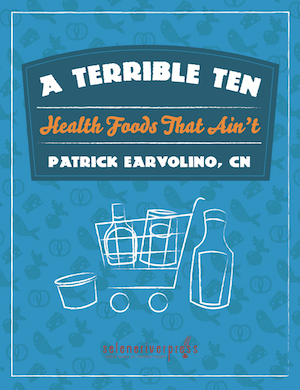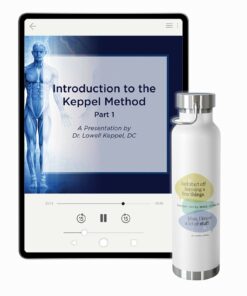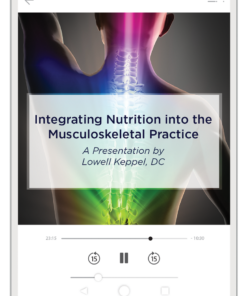Today’s world of vitamin supplements is full of confusion and contradiction! For an example of what I mean, read this article I shared on Facebook. The article, about calcium and heart issues, made me realize once again that the emphasis of almost all vitamin research is placed on how much of any particular vitamin you should take. But the more important question by far is what kind of vitamin should you take? Simply put, when you take the right kind, you do not need to take as many.
In nature, the nutrients found in food are not isolated chemicals but rather complex compounds—there are over 200 known nutrients in a carrot! Therefore you will never find vitamin B alone in nature, because all of the B vitamins are present in food. But we’re curious. We want to know how everything works, so we take things apart and figure them out. We even did this with foods and herbs, which led to the discovery of “active” ingredients that we could turn around and make in a lab—artificially, of course. (Refer to my blog post of January 25, 2013.)
The greatest mind on nutrition in the 20th century (I know, ancient history now) was Dr. Royal Lee, DDS. Dr. Lee said vitamins are complex nutrients that work in synchronicity to heal and repair cells. In the same way we would never ask what part of a watch tells the time, we should never ask what part of the vitamin complex is the most important. The answer is all of them.
Research done on vitamins since the 1930s has mostly been on synthetic chemical vitamins, and much of it contradicts itself. These “vitamins” never produce the kind of results as one would get from simply eating vitamin-rich foods. This leads to the production of even more synthetic chemicals, sometimes even at toxic levels.
The theory of “the more the better” definitely does not apply here.
If the focus were instead on what our bodies needed, toxic levels of vitamins wouldn’t be an issue. One of my favorite analogies is that food nutrients are a lot like currency. In Europe a year ago, I spent time in France and Italy—countries that use the Euro. If I had tried to buy a book about the Vatican with a 100 dollar bill, my currency wouldn’t have been accepted. First I would have to change my dollars into Euros. Even if I offered 500 hundred dollars for the book, the store clerk still wouldn’t accept my money because it wasn’t the right currency. However, if I paid with 20 Euros I could get both the book and my change back. Now let’s say when I come home and went to the grocery store, all I had in my pocket was 200 Euros I brought back with me. Of course, the store over here wouldn’t accept my Euros as payment. In both instances, I have money. But in both instances, I don’t have the right currency.
The same is true for your body! Calcium carbonate may be a form of calcium, but it’s not the right kind of currency that your body can accept and use. However, if you took calcium lactate—the kind of calcium found in food—your body could easily accept it. And better yet, you wouldn’t need massive amounts. When research shows we need large doses of a vitamin, it’s because we’re trying to force the body to use a form of currency it doesn’t want. When we give the body the nutrient in a form it likes, we don’t need more and more of it to reap the benefit of its healing properties.
Remember this the next time you read an article on vitamins.
Because of the way we have messed up our food sources, we do need to take supplements. But we should only supplement with whole food concentrates that have all the factors and synergists that we need to repair the body.
If you want professional assistance (and you should), please contact me. If I can’t help you, I can find someone in your area who can help you discover exactly what your body needs.
For more, subscribe today to Dr. Keppel’s blog at www.doctorkeppel.com.
Photo from iStock/nanka-stalker
Related Topics
holistic doctors | whole food supplements
 Get self-health education, nutrition resources, and a FREE copy of A Terrible Ten: Health Foods That Ain't ebook.
Get self-health education, nutrition resources, and a FREE copy of A Terrible Ten: Health Foods That Ain't ebook.



